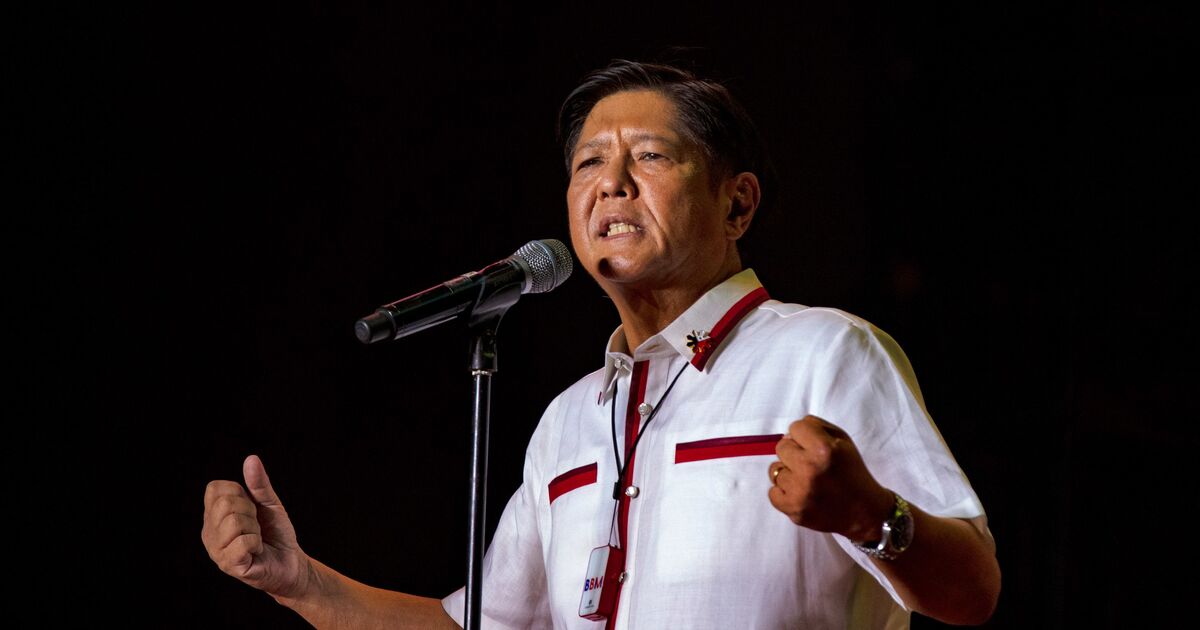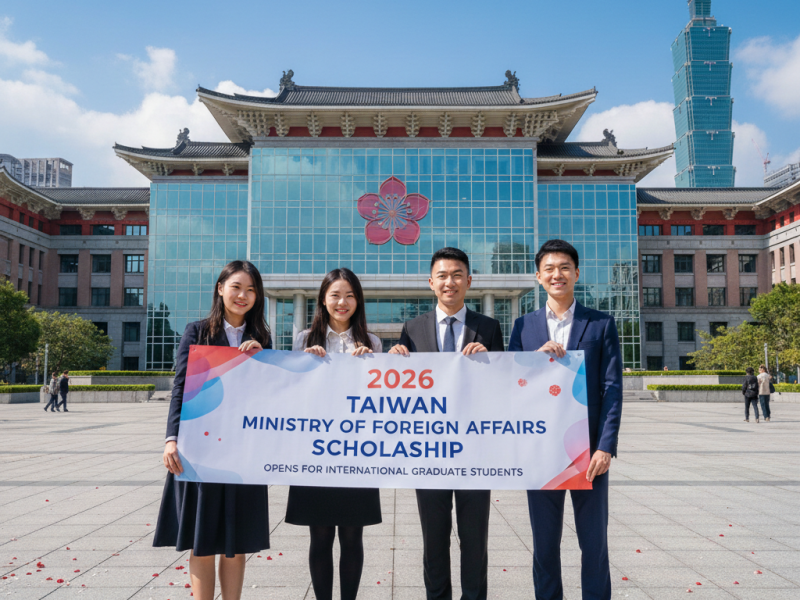July 30, 2025 – Manila, Philippines
Despite calls for clarity, President Ferdinand “Bongbong” Marcos Jr. has yet to make a definitive statement on the future of online gambling in the Philippines, according to Malacañang officials. The issue, notably absent from the President’s fourth State of the Nation Address (SONA), continues to be under careful review.
Undersecretary Claire Castro of the Presidential Communications Office clarified that the omission was deliberate and not a missed opportunity. Speaking during the post-SONA forum in San Juan on Tuesday, Castro explained that the President is still evaluating the full implications of online gambling on Filipino society and the national economy.
“The President wants to ensure any decision made on this matter is based on solid evidence and a comprehensive understanding of its impacts,” said Castro. “He won’t rush to issue a statement without thoroughly examining the pros and cons.”
Growing Concern Amid Inaction
The ongoing delay has drawn mixed reactions from various sectors, including the Catholic Church and lawmakers, who continue to call for a total ban on online gambling. They argue that its harmful effects on families and the youth far outweigh any potential economic gains.
Fr. Jerome Secillano, executive secretary of the Catholic Bishops’ Conference of the Philippines (CBCP) Episcopal Commission on Public Affairs, voiced disappointment over the President’s silence on the matter.
“This is a major social issue. If we’re concerned about protecting the youth, then it would have been appropriate to mention gambling, especially with the rise of online platforms,” Secillano said in an interview.
He added that, while the President outlawed Philippine offshore gaming operators (POGOs) in last year’s address, the silence this year may indicate weaker public pressure to act on domestic online gambling.
Calls for Regulation vs. Prohibition
Some government agencies, including the Department of Finance and the Philippine Amusement and Gaming Corporation (PAGCOR), are advocating for stricter regulation rather than an outright ban. They emphasize that the revenue generated by licensed online gambling operators supports social programs and provides employment for thousands of Filipinos.
Castro echoed this viewpoint, stating that licensed platforms are easier to monitor and regulate. She warned that banning online gambling without addressing the unregulated market may drive people toward illegal and untraceable platforms, worsening the problem.
“Unlicensed operators are difficult to track and pose serious risks, including addiction and fraud. That’s why the President is listening carefully to the recommendations of Cabinet members before making a final decision,” Castro added.
Policy Still in the Works
For now, the future of online gambling in the Philippines remains uncertain. The President is expected to announce a clearer policy direction once consultations with key stakeholders and experts are complete.
In the meantime, sectors calling for reform hope the issue will not be overshadowed by competing national concerns.



